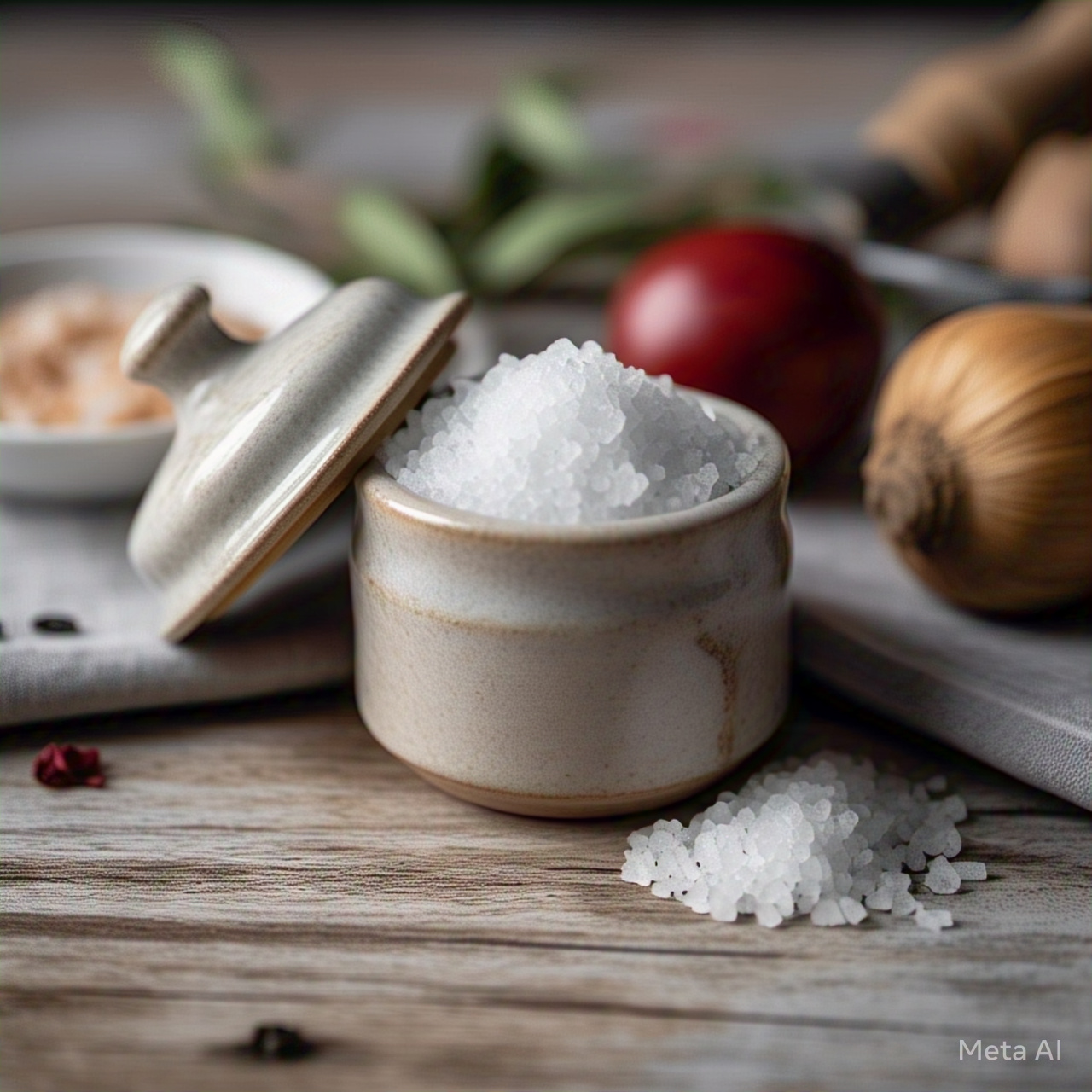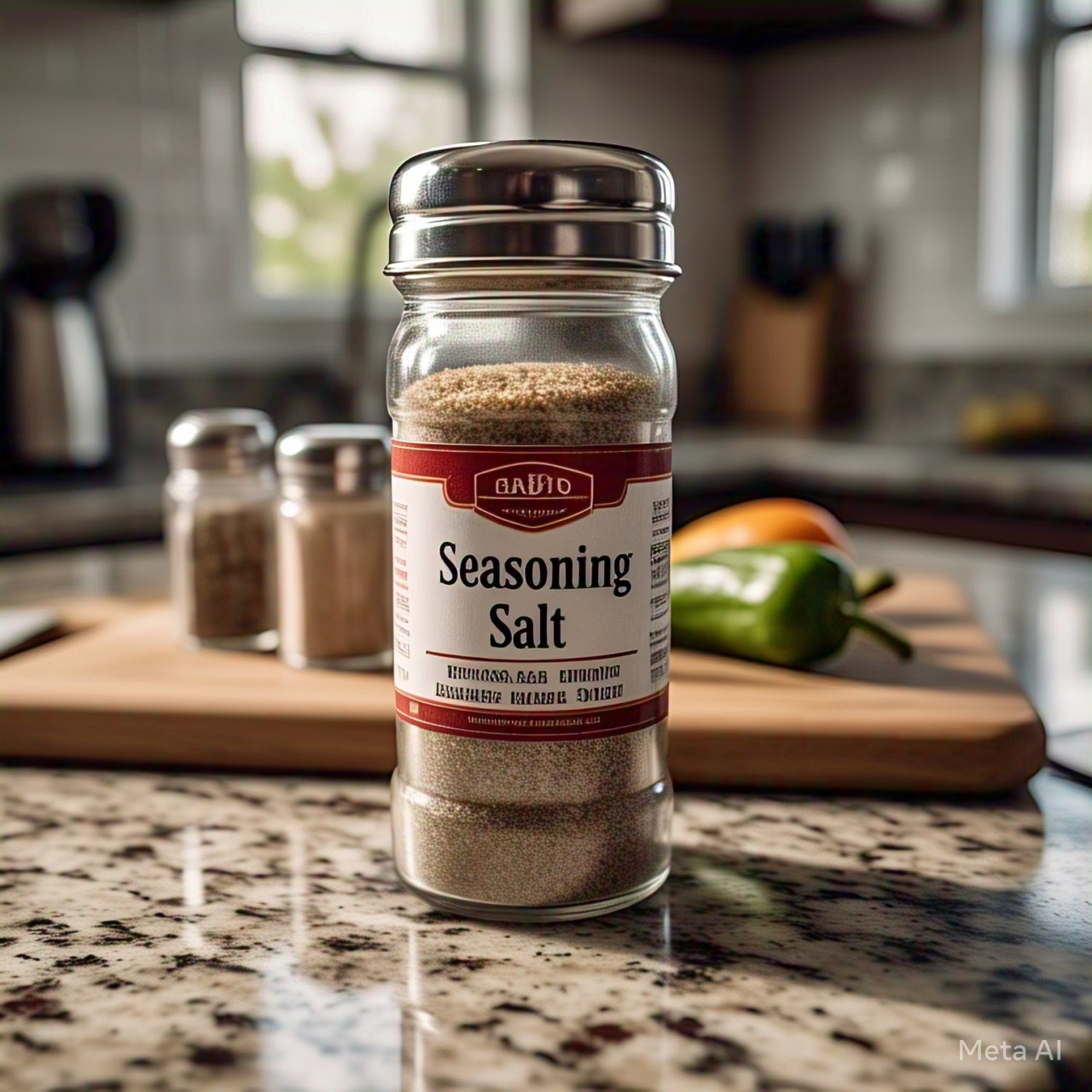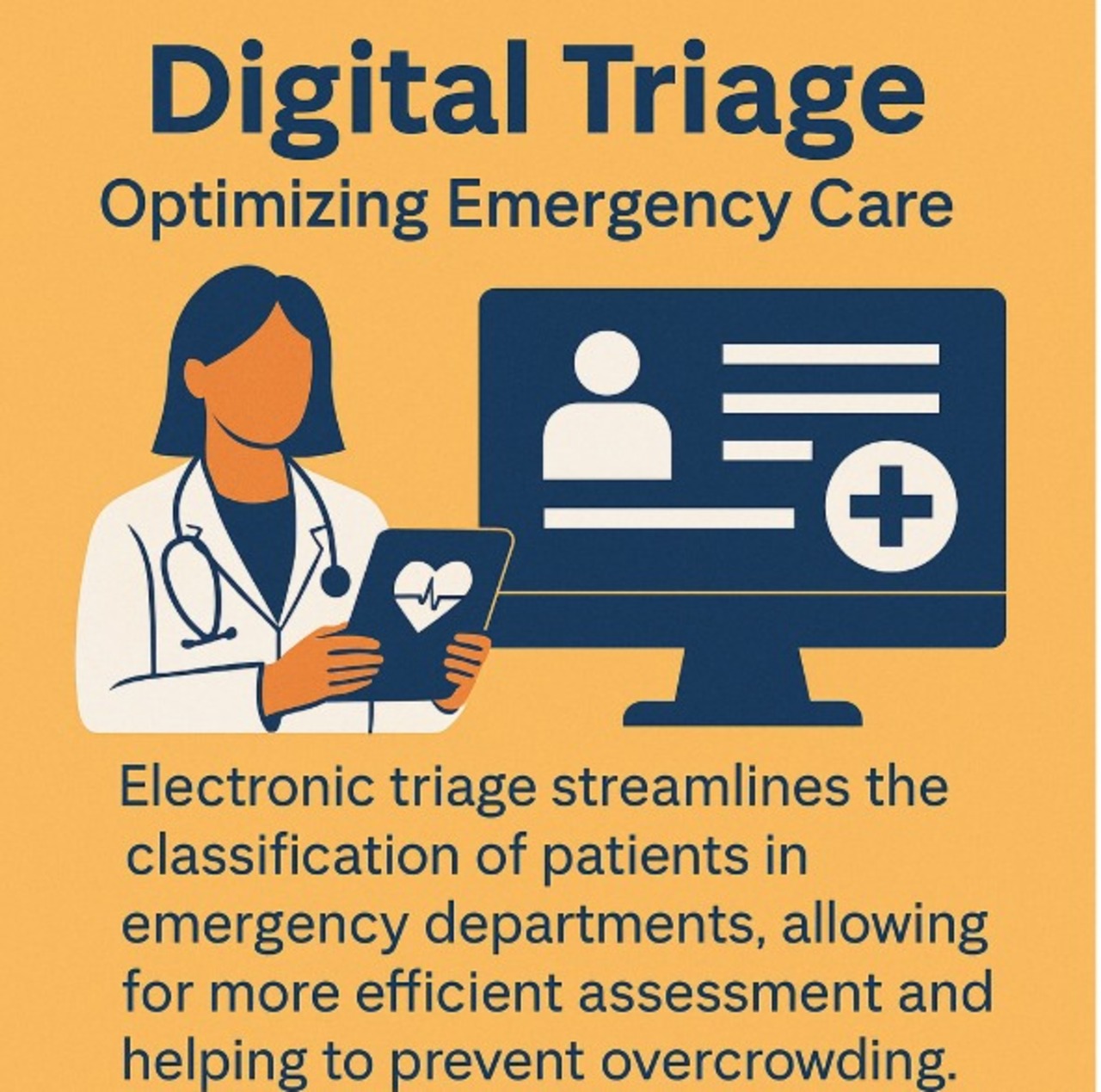
Salt and Gastric Cancer: A Hidden Risk
Excessive salt consumption increases the risk of stomach cancer, especially in the presence of H. pylori.
Excessive Sodium Consumption and Gastric Cancer: A Hidden Risk
Excessive sodium intake has been identified as a significant risk factor in the development of gastric cancer. This mineral, present in table salt and numerous processed foods, can damage the stomach lining, facilitating colonization by the bacterium Helicobacter pylori (H. pylori), a well-recognized etiological agent in gastric carcinogenesis.
The Role of H. pylori in Gastric Cancer
H. pylori is a bacterium that infects the stomach lining and is associated with various gastric conditions, including chronic gastritis, peptic ulcers, and gastric cancer. Infection with H. pylori triggers an inflammatory response in the gastric mucosa, which, if persistent, can lead to precancerous changes such as atrophic gastritis and intestinal metaplasia.
How High-Salt Diets Exacerbate H. pylori Infection
Multiple studies have shown that a high-salt diet exacerbates H. pylori infection and increases the risk of gastric cancer. Excess sodium can damage the stomach's protective mucosal barrier, allowing H. pylori to colonize more effectively and intensify gastric inflammation. This chronic inflammatory environment can promote the progression to malignant lesions.
Additionally, high salt intake is linked to an increased incidence of atrophic gastritis, a condition in which the stomach lining thins and loses its acid-producing cells. This creates a favorable environment for H. pylori proliferation and the development of precancerous changes in the gastric mucosa.
WHO Recommendations and Health Risks

The World Health Organization (WHO) has warned about the risks of excessive salt consumption, recommending a daily intake of less than 5 grams for adults. High sodium intake is not only linked to hypertension and cardiovascular diseases but also to an increased risk of gastric cancer.
Additional Risk Factors
It is important to note that not all individuals infected with H. pylori will develop gastric cancer. Additional factors, such as genetic predisposition, consumption of smoked or processed foods, and habits like smoking, also influence individual risk.
Prevention Strategies
To reduce the risk of gastric cancer, it is advisable to:
- Limit salt intake and avoid sodium-rich foods such as processed meats and canned foods.
- Increase consumption of fresh fruits and vegetables, which may have a protective effect against gastric cancer.
Conclusion
Excessive sodium intake plays a crucial role in gastric carcinogenesis, especially in the presence of H. pylori infection. Adopting healthy eating habits and moderating salt consumption are fundamental measures for gastric cancer prevention.











LEAVE A COMMENT: